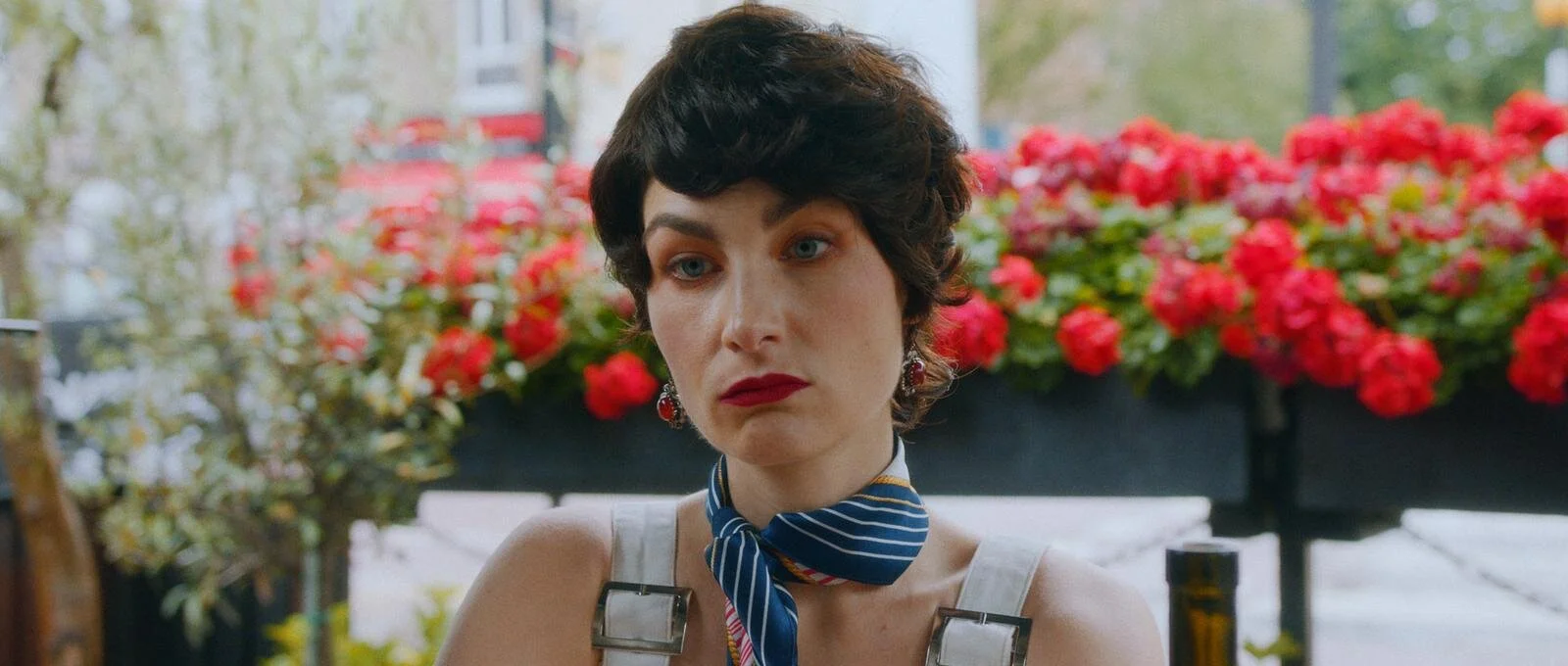Directed by Xuemeng Li & Katrin Larissa Kasper
Steph is a predatory dater. She likes to indulge on an assortment of hapless men and women, whom she overawes, out-orders and out-eats. What‘s more, she insists she likes to pay. But Steph‘s dating habits are running away with her, just as she is running away from a terrifically large bill. Steph, it transpires, is a serial dine-and dasher. Wearing different guises and personas, each more elaborate than the last, she believes she can slip away from the table and not suffer the consequences. But everyone has to pay the bill in the end.
READ OUR INTERVIEW WITH KATRIN
Tell us a bit about yourself and your filmmaking background:
I’m originally from Germany and studied Theatre Arts in Portland, Oregon. I moved to London and tried to find my way into the industry here, but it’s not been easy, being a foreigner trying to book jobs here. And so a couple of years ago I decided to start creating my own work. First a few scenes for a showreel. Then the idea for Appetite came along. In 2018, a man in the US was found guilty of running out on restaurant bills, after a spree of expensive first dates. The media dubbed him the 'serial dine-and-dasher’. My partner and I heard his curious story on the radio, and we thought it had all the elements to be a comedy short film, and that’s how it all began. Some friends of mine got involved in the project and I recruited some extremely talented crew, and looking back, I’m very grateful that I had these people around me, because everyone had such a strong sense of the look and feel of the film, and so much enthusiasm for budget filmmaking, that it was a fun experience and I was able to focus on my acting as well, as well as the production.
What was it like to co-direct a film, and how did you manage creative decisions with two people in the director's chair?
I found it to be helpful – especially being first-time filmmakers. Xuemeng came at the script with fresh eyes and ideas, and a sensibility that kind of complemented mine. For instance, and partly because I was acting the lead role, and needed to think about my acting on set, I’d be very conscious about what needed to be shot and when, moving through the script, getting the details, without losing the light or the permission to be in the cafes, whereas Xuemeng thought deeply about the tensions and comic potentials in each scene, and making sure we got the right performances. I wanted something like a Wes Anderson tone, you know, not so natural, whereas Xuemeng wanted something much more natural from the actors. Of course, you don’t always agree on everything but we achieved a balance here.
What obstacles did you overcome while in the making of this film?
It was a first for some of us so there was a lot of learning by doing. I hadn’t had the experience of “what can go wrong” when making a film. So my approach as the producer was maybe a bit naïve, or rather very optimistic. I think that turned out to be a good thing though because I was convinced that anything was doable. Obviously when you’re on a small budget it’s not, but the right attitude can really help. Finding locations (mainly restaurants) that we could afford involved a lot of scouting and earning the trust of the owners. London thankfully is great in that regard because people are so used to being approached by filmmakers. Where London is not so great is the weather. To save money, we shot two different dates at the same restaurant on the same day, but made it look like two separate locations by shooting one date inside and the other outside. Of course, it rained buckets and was incredibly windy as soon as we were shooting al fresco. There’s no real way to overcome the weather but just power through, and make the best of the situation. In the end it’s one of the funnier sequences, and adds to the madness of it, this extravagant first date taking place in a gale.
Tell us about the journey of getting your film to audiences:
I asked friends and contacts in the industry for film festival advice and started to make a list of festivals for Appetite. I’d say it’s crucial that you do that and be strict and honest with yourself about what you can achieve. What I mean by that is: don’t waste money on submissions to prestigious festivals if you’re film can’t play in that league and don’t apply to random festivals. You’ll always end up spending more than you thought anyways so don’t make it harder on yourself. We were lucky to get into quite a few festivals in different countries and even won some awards. Sadly, most of them had to be online due to the pandemic but we were still very happy as our expectations weren’t high for our first film. Recently we’ve also joined the UK streaming platform Paus TV. We still have a few festivals to hear back from. After the festival round we might want to have Appetite on YouTube or Vimeo. There’s also a great new indie video platform called Klipist that we’re interested in.
What are you working on now?
I’m currently co-producing another short, a political drama called Kompromat which is based on the many stories in recent years of Russian spies tricking right wing politicians. We filmed a first scene a few months after we had shot Appetite in 2019 and continued production between lockdowns in summer 2020. At the moment we’re editing. Last year in lockdown I began developing an idea for a sci-fi drama about CGI actors and what it means for the industry. We’ve now got an exciting short film script, which is meant as a low-budget proof of concept piece for what will probably be a series, and we’ll be exploring how to get the short funded.
Any film recommendations that we should add to our watchlist?
More recently, I loved Ari Aster’s Midsommar and Charlie Kaufmann’s I’m Thinking of Ending Things. This past year, between rewatching all of Succession, I’ve binged on some films from the 30s-50s. A lot of Cary Grant, Hitchcock and Billy Wilder. I’d recommend A Foreign Affair by Wilder – with the amazing Marlene Dietrich. And His Girl Friday with Grant and Rosalind Russell.

